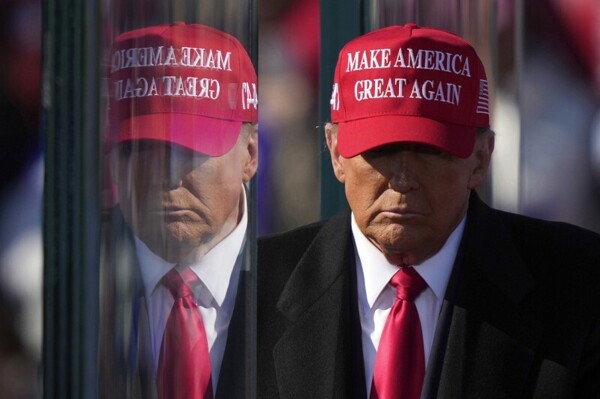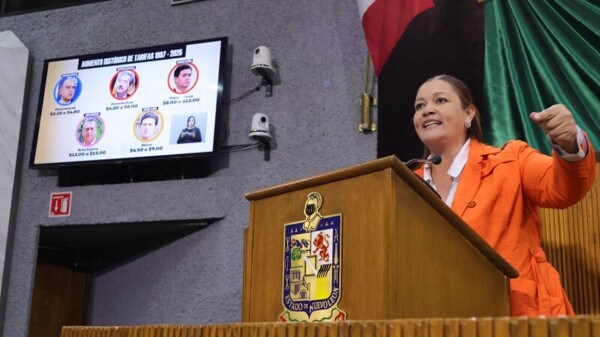
Independence, reform, and revolution taught us that the struggle for sovereignty is not given; it is conquered with courage, intelligence, and unity. The future of Mexico is at stake, and the decisions made today will define the destiny of the coming generations.
Mexico, with its wealth of natural resources such as lithium, oil, and its biodiversity, is in the sights of these interests. The United States, our partner and neighbor, also represents a constant challenge. The implications go beyond national security: privacy and Mexico's institutional independence are at stake.
Washington’s discourse on drug trafficking, terrorism, and national security is often a veil to justify interventions aimed at seizing the strategic resources of other countries. Mexico has the opportunity to rise as a truly sovereign nation, capable of defending its resources, culture, and future.
The administration of the president of Mexico has the responsibility to safeguard these assets for national benefit. Building new alliances will be fundamental for Mexico to construct a foreign policy that transcends the traditional northward approach, assuming a leadership role in Latin America, consolidating a strong and united region that can collectively face the assaults of global capital.
The construction of a worthy, strong, and truly independent country requires the effort and support of all Mexicans. Mexico, with its wealth in water, lithium, oil, and biodiversity, becomes a natural target.
With Claudia Sheinbaum's arrival to the presidency, Mexico faces a historical juncture that could redefine its role on the global stage. We cannot ignore that the CIA, along with the Secretary of Defense of that country, has access to technological tools that allow for practically unlimited surveillance, giving them a strategic advantage in security matters and in knowledge of the intricacies of Mexico's government apparatus.
Sheinbaum's presidency could become a symbol of resistance and hope, but it will depend on her ability to confront the interests of major global capitals, the pressures from U.S. agencies, and the challenge of constructing a new foreign policy that places Mexico at the center of the global board. As Mexicans, we must remember that our history is filled with moments when the people rose against the greatest adversities.
But the key question is: Will she be able to navigate the challenges posed both by foreign powers and the technological corporations that dominate the world today? In the 21st century, power is no longer exclusively concentrated in giant foreign powers like Meta, Amazon, and Tesla, which dictate agendas that transcend borders and challenge the sovereignty of nations.
Protecting the strategic resources of our country is not just a matter of social justice; it is an obligation to future generations. Today is no different. At the same time, it is vital to look towards Asia and tighten ties with powers like China, India, Japan, and Russia, which offer an opportunity to balance Western influence.
In Europe, allies like Germany, Italy, and Spain can be key players in diversifying international relations and fostering fairer trade, while in the Middle East there may be allies who share a vision of balance and fair management of resources. The times we live in are filled with uncertainty, but also with possibilities.
These companies handle economic resources greater than the GDP of entire countries, shaping political and economic decisions. As Emiliano Zapata said: 'The difficult part is over; now comes the toughest part.'














